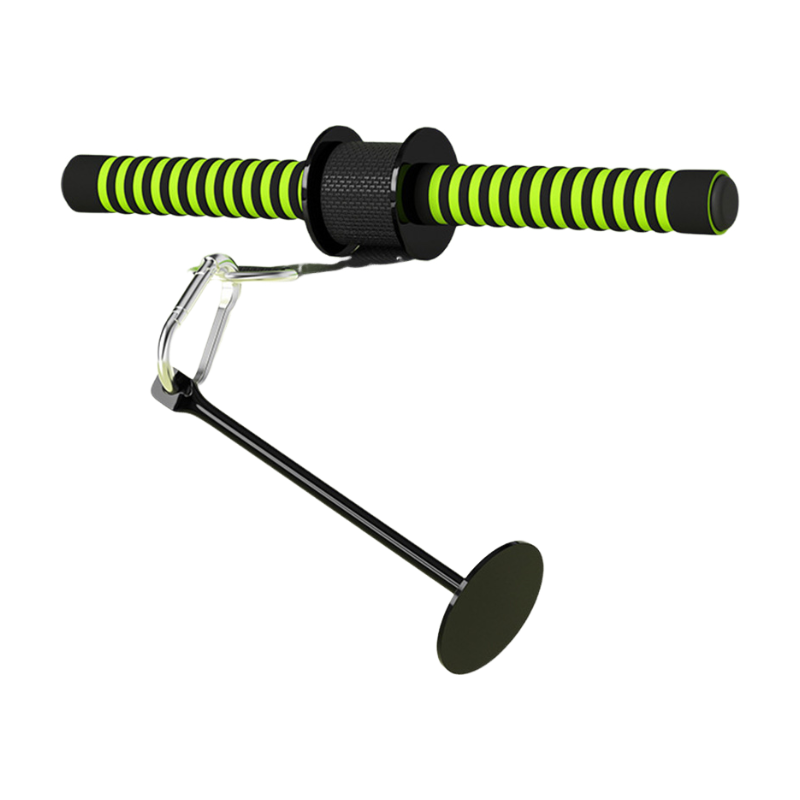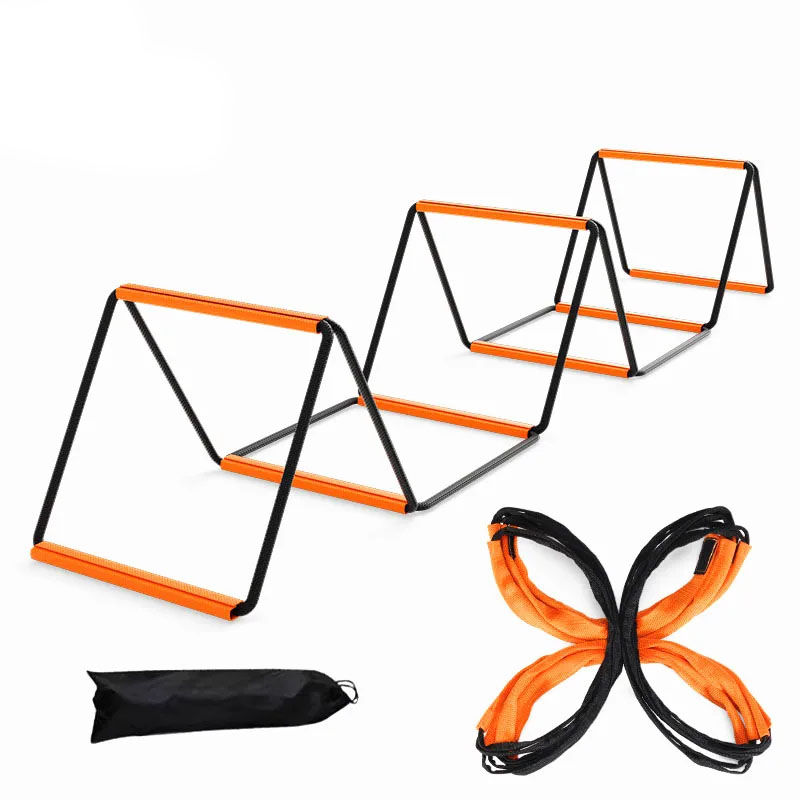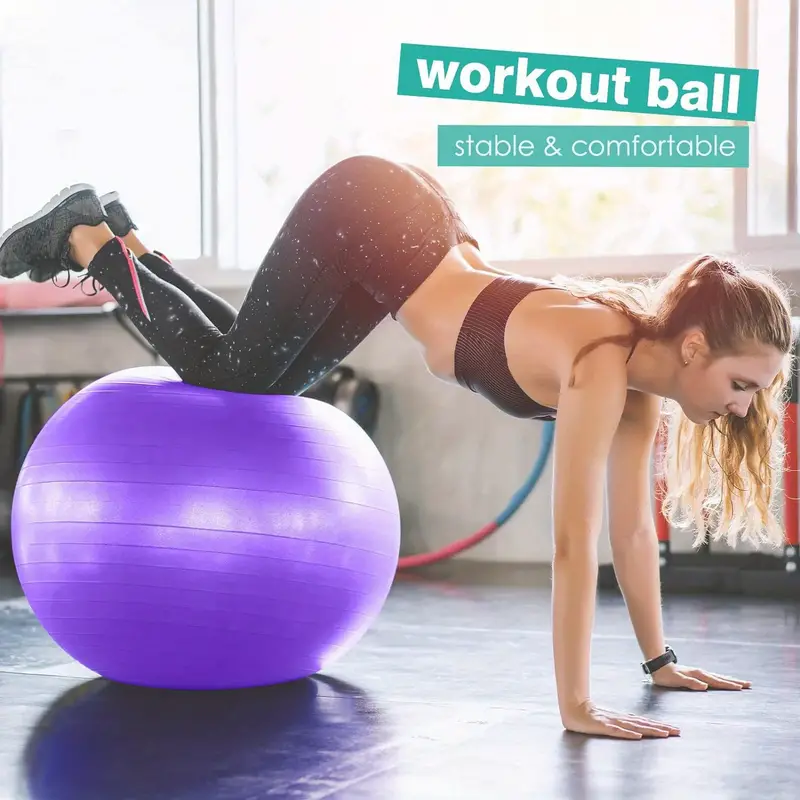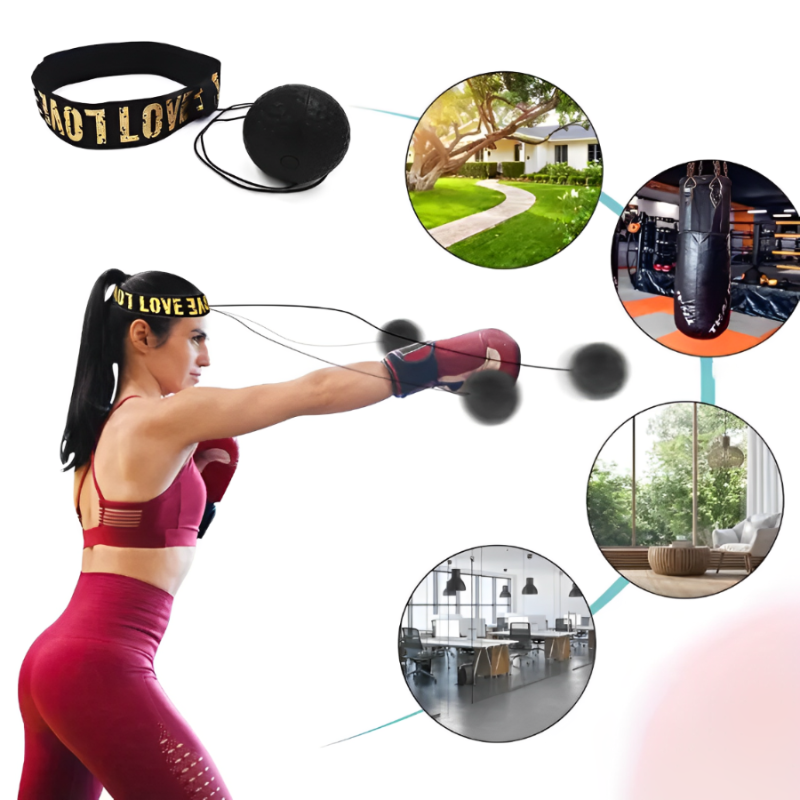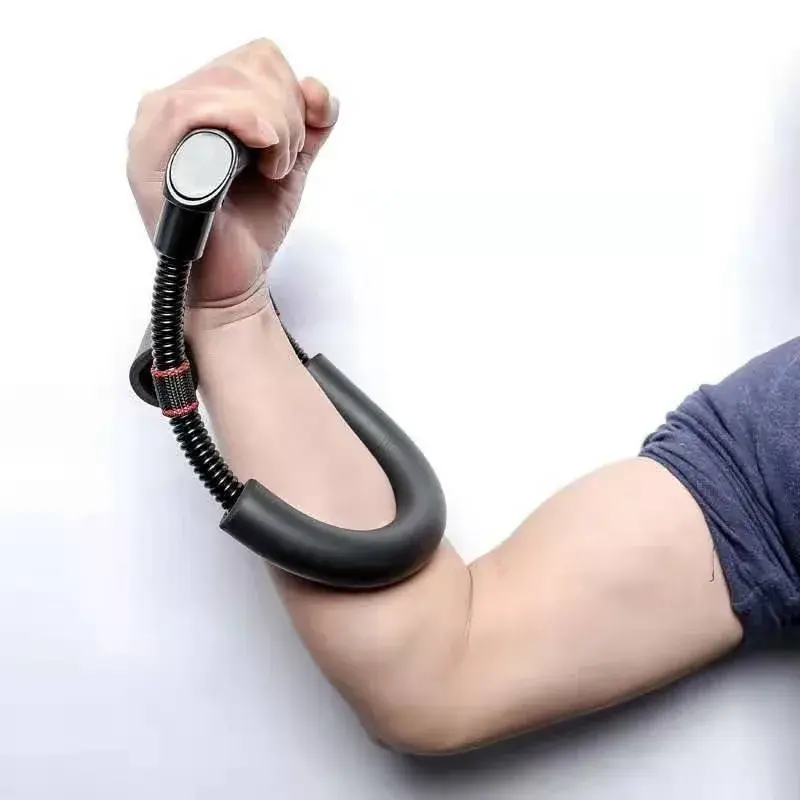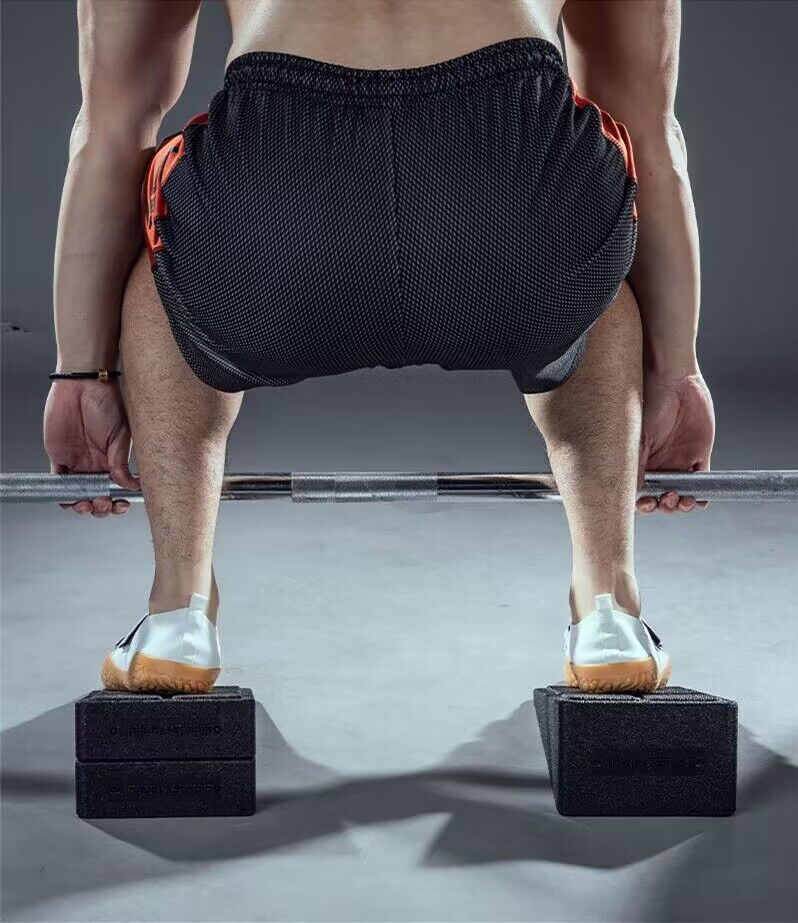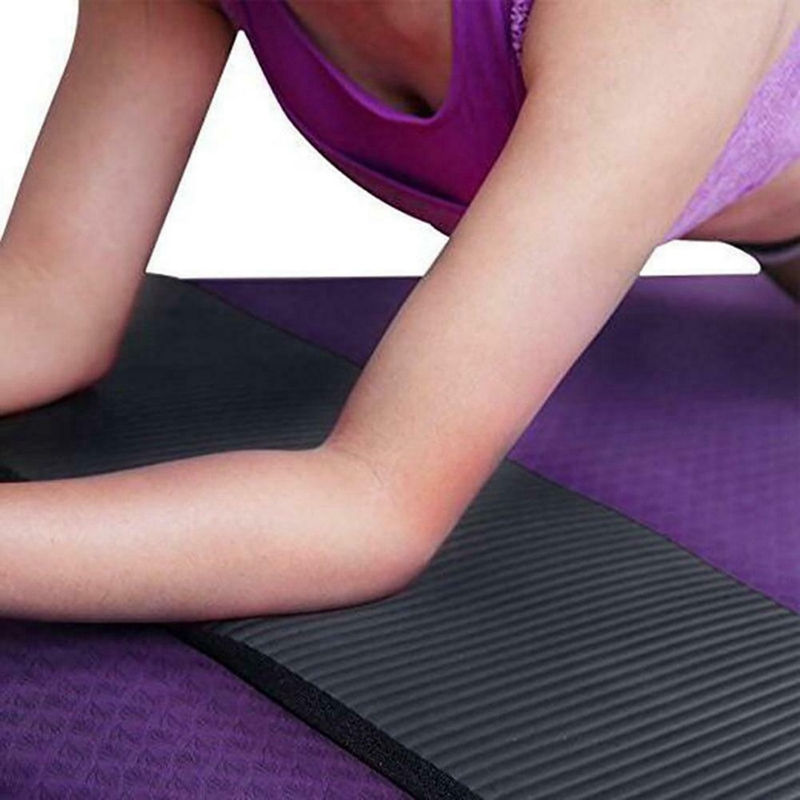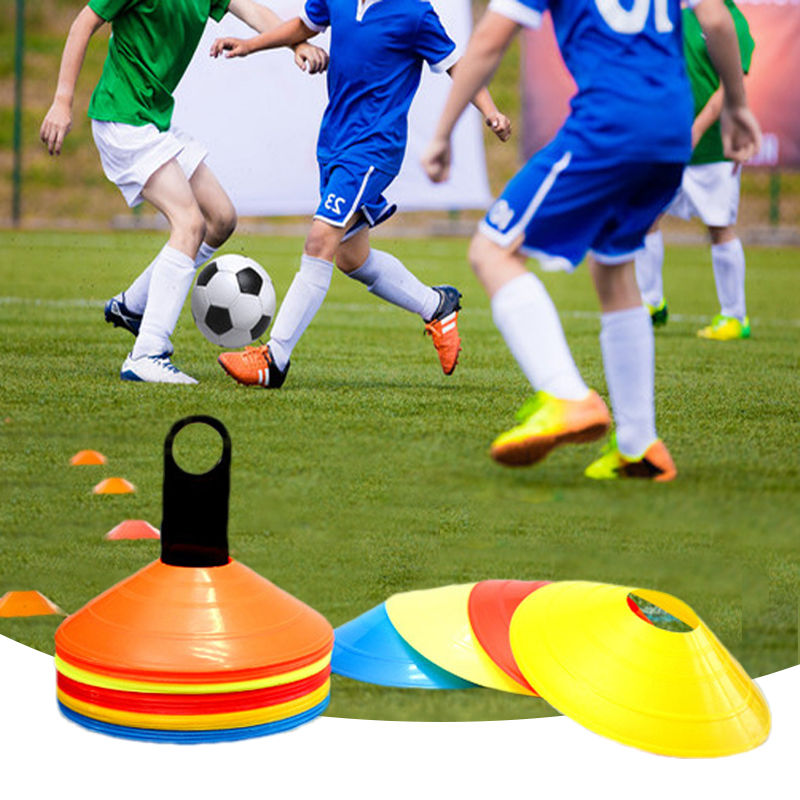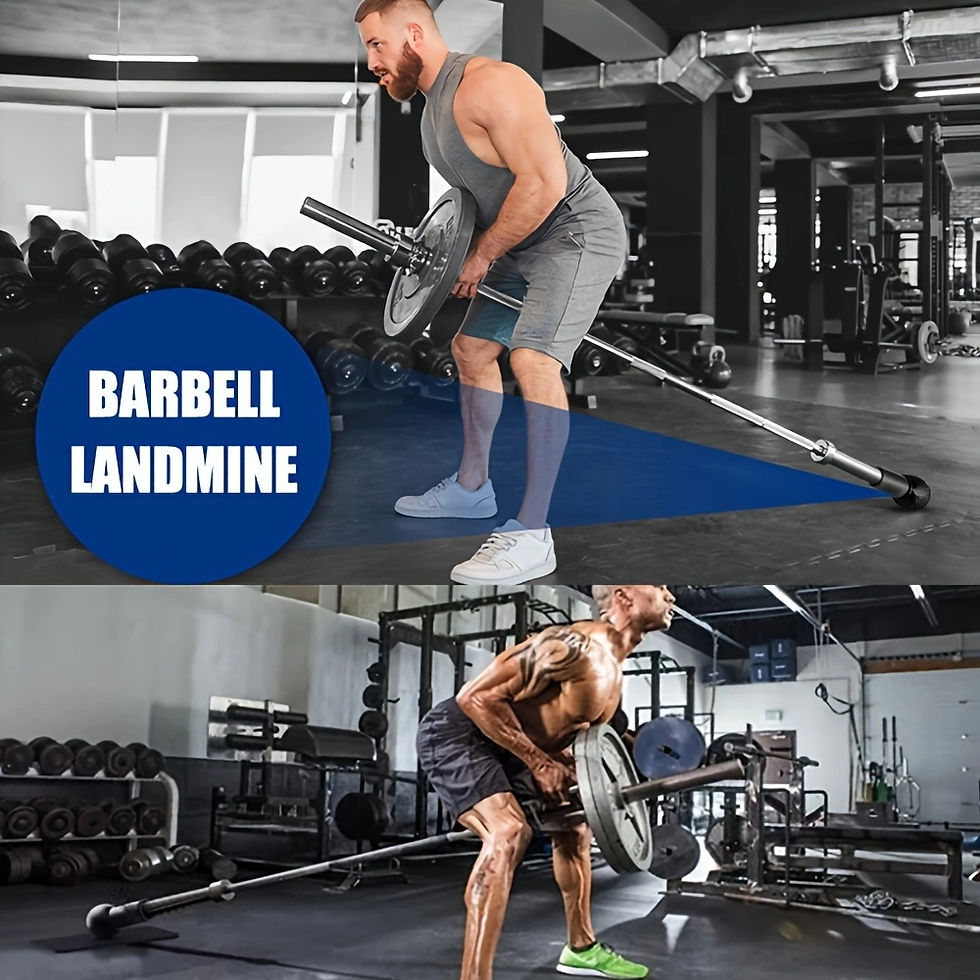
Training equipment



Exercise equipment
Balance

Equipment
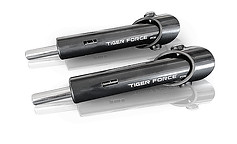
Equipment for devices

Trening - En Mirakelkur
Trening gir en rekke dokumenterte fordeler som strekker seg langt utover bedre kondisjon, og omfatter blant annet forebygging av hjerte- og karsykdommer, diabetes type 2 og visse kreftformer, samt styrking av immunforsvaret (Helsedirektoratet, 2021; Pedersen & Saltin, 2015; WHO, 2020). I tillegg bidrar fysisk aktivitet til å redusere stress, angst og depresjon, ved at produksjonen av endorfiner og serotonin i hjernen øker, noe som igjen fremmer bedre humør og søvnkvalitet (Paluska & Schwenk, 2000; Kredlow et al., 2015). Dessuten kan trening styrke muskler, ledd og skjelett, slik at risikoen for skader og sarkopeni (aldersrelatert muskelsvinn) reduseres (Westcott, 2012). Både styrkeøvelser og utholdenhetstrening kan også øke selvfølelse og mestringstro (Bandura, 1997), mens sosiale former for aktivitet – som lagsport eller turgrupper – kan fremme fellesskap og øke trivselen ytterligere (Eime et al., 2013).
Training equipment
Training accessories
Support equipment:
The effect of compression equipment on rehabilitation and training
Compression garments may reduce swelling, improve blood circulation, and alleviate muscle soreness, but have limited effects on performance and injury prevention (Born et al., 2013; MacRae et al., 2011; Engel et al., 2016). Intermittent pneumatic compression (IPC) can help prevent venous thromboembolism in at-risk patients (Kakkos et al., 2013). Meta-analyses suggest that compression equipment may contribute to faster recovery, but the impact on long-term performance remains uncertain (Brophy-Williams et al., 2017).
Equipment for Sports and Athletics
Use of Resistance Bands: Strength, Flexibility, and Injury Prevention
Resistance bands are an effective tool for increasing muscle strength, improving flexibility, and preventing injuries. Studies show that resistance band training can provide similar muscle activation as free weights (Andersen et al., 2018) and is particularly useful for older adults with reduced muscle strength (Tavoian et al., 2021). Additionally, warm-up programs with bands can reduce the risk of sports injuries, especially in the knees and shoulders (Van Melick et al., 2017; Thorborg et al., 2018). With their versatility and ease of use, resistance bands are a valuable supplement to both rehabilitation and performance-enhancing training.
Equipment for Sports and Athletics
Equipment for Machines
The Effect of Different Equipment on Exercise Machines
Research shows that the choice of grip and training equipment has a significant impact on muscle activation and strength development. In the bench press, a narrower grip increases activation of the triceps brachii, while a wider grip results in greater activation of the chest muscles (Andersen et al., 2018). Lat pulldown exercises with a wide grip in front of the body activate the chest muscles more than behind-the-neck variations or neutral-grip handles (Lopes et al., 2019). Furthermore, studies have shown that free weights produce higher muscle activation than machines, especially in stabilizing muscles such as the shoulder muscles (Martins et al., 2020). These findings highlight the importance of strategically choosing grips and equipment for optimal training effects.















